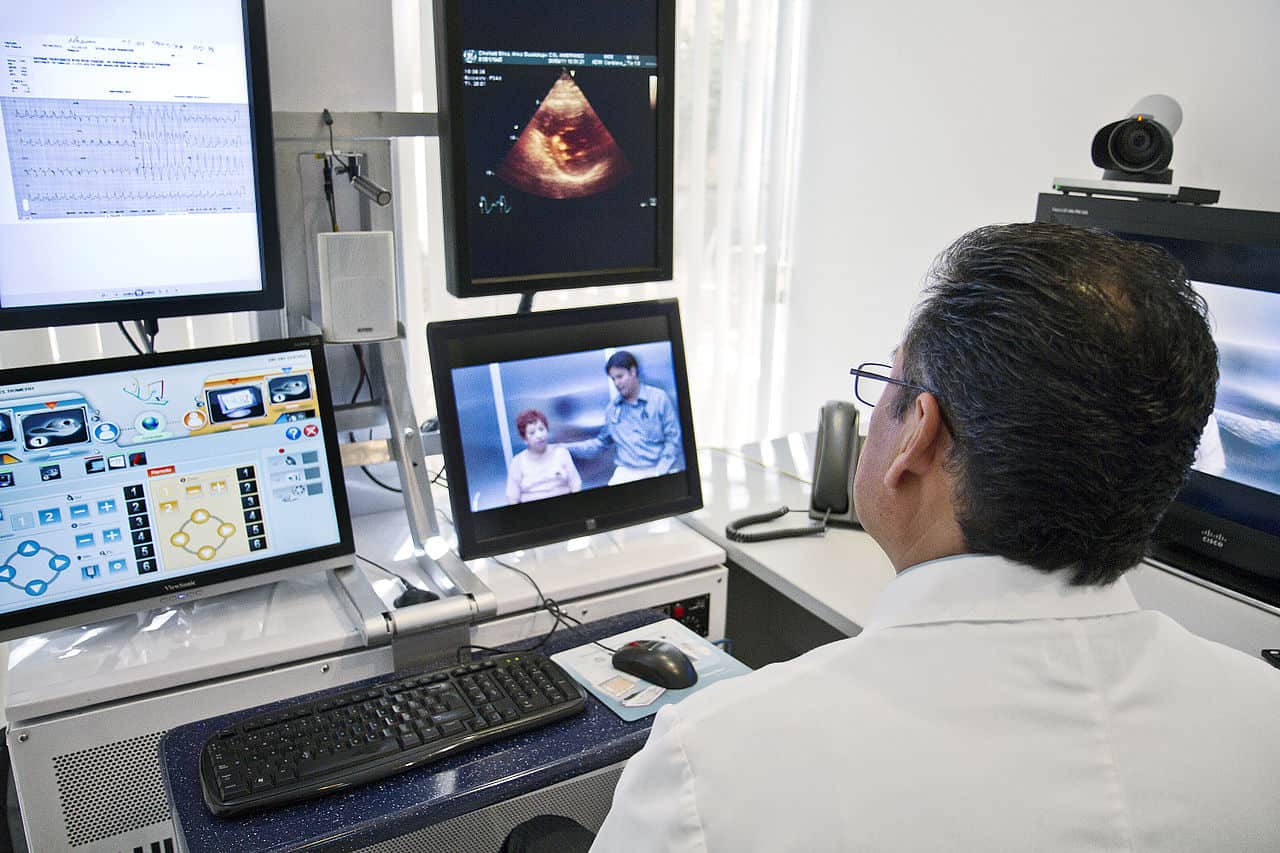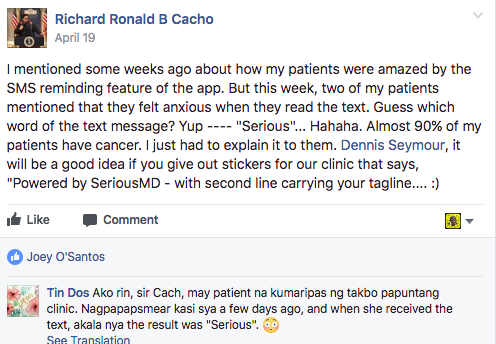We already know about how EMRs can reduce costs. We now know how they reduce wasted time. They also have better security of patient data and allow better communication between physicians compared to paper records.
But how about the EMR’s effects on patient care? Do EMRs improve patient care at all?
Many holdouts have argued that using electronic medical records won’t mean better patient care, but there have been numerous studies that show otherwise. The fact is, EMRs can lead to improved healthcare, provided they are used properly.
How an EMR Helps with Patient Care
Over the past decades, medical knowledge has improved dramatically. That knowledge can only be used for the good of patients if it’s within reach, though. That’s why access to information is critical for doctors. If you are a doctor who normally works with other specialists, then you also need better tools for communication and coordination.
That’s where EMRs help. Through electronic medical records, you will have access to better information, serve patients better, improve coordinated care and have awesome relationships with your patients.
Let me get into each one.
Better Diagnosis and Positive Outcomes through Coordinated Care
Misdiagnosis has been an issue in the healthcare sector for a long time. Patients do not always provide complete information about the type of care they have received in the past when using paper forms. Through the use of an EMR/EHR, you have access to the patient’s historical data, including laboratory data, which helps the doctor make the right diagnosis.
Doctors are also able to communicate better with other specialists to help their patients. Digital records are more easily shared and sent than paper ones. No more waiting on physical documents that have to be delivered personally: doctors can consult with each other in the blink of an eye using electronic means.

A cardiologist in a pre-op consultation with a patient and her doctor, who are 400mi away – image from intelFreePress.
Through structured data input, doctors are also able to capture point-of-care data, so they can analyze their patient data and conduct research to improve what they do further.
Then there’s reduced medication errors and the reduction in unneeded investigations.
On emergencies or life threatening situations where patients are unable to provide information, electronic records about the patient will prove to be invaluable.
Improved Staff Service and Better Work Flow
Though there’s a negative perception of EMRs slowing down processes, implementing and integrating good EMRs intelligently into operations actually reduces time wasted on other things.
Doctors can access patient files and results almost immediately without having to wait for their secretary. Loss of billing (patients are not double billed) is practically impossible. Because of the time saved and easy access to their own schedule, doctors can now see and treat more patients.
Staff can handle scheduling and appointments, other staff can take vital readings and the doctor can just see the data on his end. It’s a better, more streamlined process overall and it definitely has a positive impact on patient perceptions.
Don’t believe me? Ask your patients. One of our doctors related that a patient told her she was far preferable to another physician who could not seem to remember the patient’s details.
Since the doctor using SeriousMD could bring up the patient’s files at a moment’s notice to refresh her memory, she was able to address the patient with a more personal touch. It made a difference to that patient. Why shouldn’t it to yours?
Build Better Relationships & Show That You Really Care
Building a great relationship with the patient is a must.
Much like doctors, the patients are also busy and making them wait 30 – 60 minutes just to be seen by a physician is definitely an experience that nobody sees as positive.
Having an EMR helps you serve patients faster and with less paperwork to hassle them.
Also, through better data access, you can personalize your consultation based on what you’ve written down on your EMR.
An EMR can also help remind patients about their consultation and receive reminders for preventive care. SeriousMD has an inbuilt reminder feature that can help you keep patient no-show rates down, for example. It’s a gentle nudge, but it benefits both you and them.

In fact, we’ve had some pretty funny stories from our users about a few patients’ reactions to their reminders. Here’s one:

Some EMRs allow easy bookings (something we’ll be giving you on SeriousMD too, in the future) and in some cases, a patient portal can be used to engage patients.
All of these things make a difference. If your patient feels special and has a great experience with you, it makes them “cooperate more” with your recommendation. It makes them your patients for life and it increases more referrals. It’s a win-win.
Key Takeaways
As you can see, there are many ways EMRs can improve healthcare quality. At the end of the day, though, they can’t do it alone. Part of it will always be up to the user and how he chooses to employ this tool for his patients.
Do you want to use them to reduce misdiagnoses? To make patient data call-up faster and more convenient? To engage patients in more personal ways? All of these things are possible, along with so many other things that weren’t before. Every day, we learn of more and more ways doctors are using our own EHR to better serve their patients. Perhaps in the future we’ll be learning of it from you too.
Join the ranks of forward-looking physicians who’ve already begun bettering patient care by using EMRs and tell us what you think. How has going digital made a difference to your patient care?

